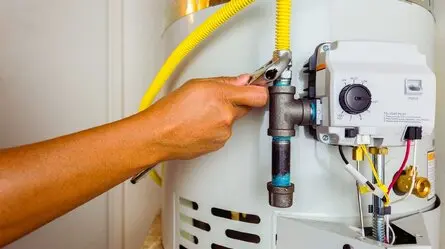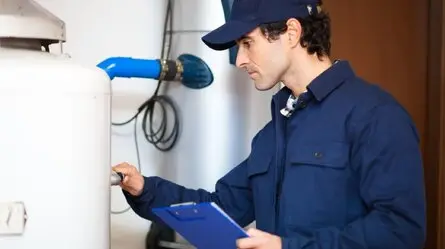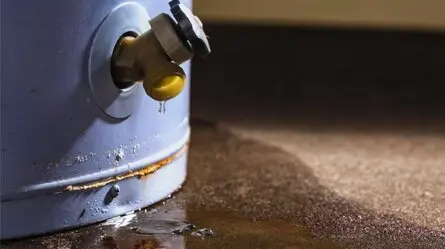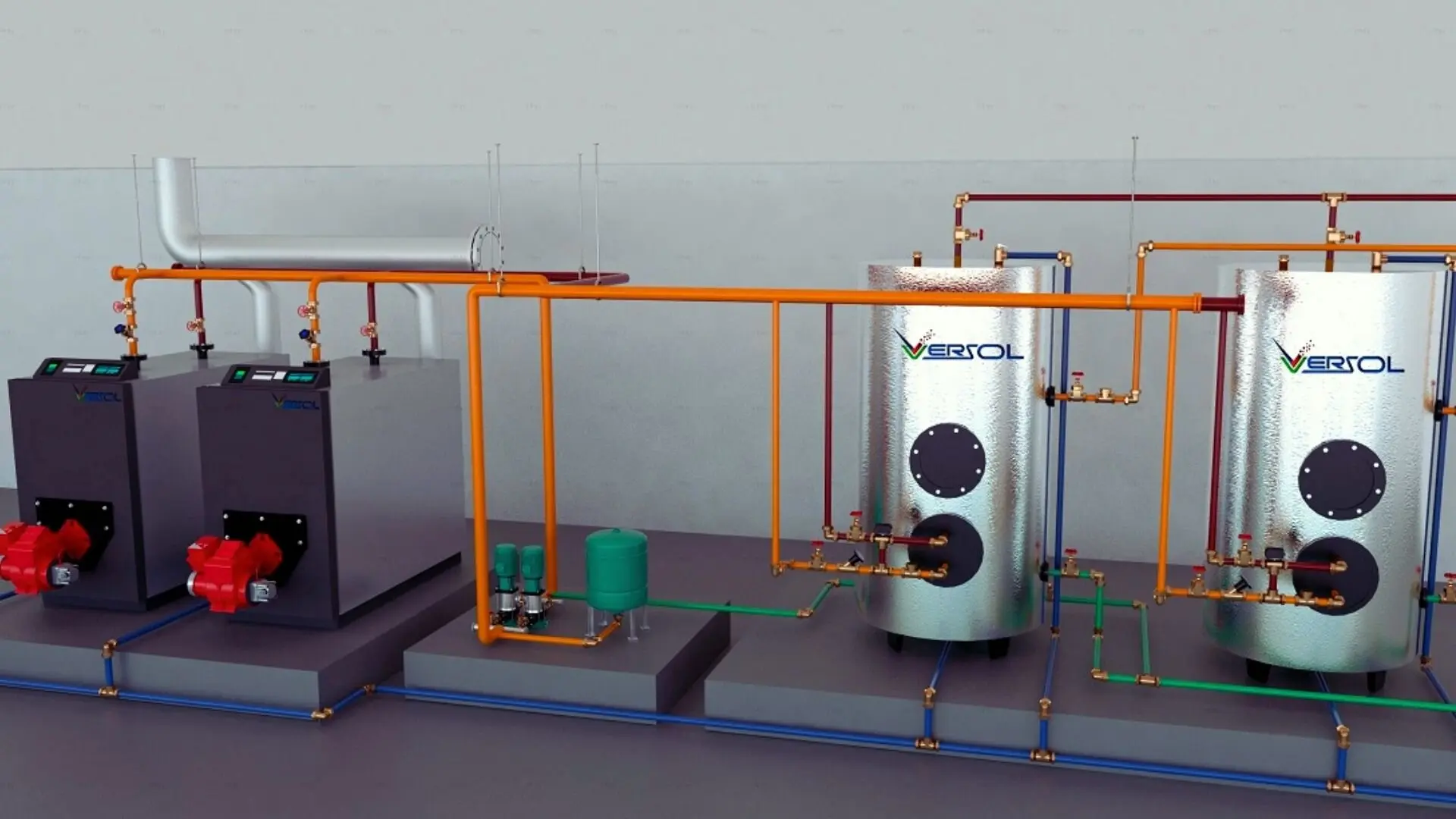
Are you curious about the inner workings of heat pump hot water systems? Look no further!
Let’s dive into how these innovative systems work, exploring their efficiency in providing hot water while reducing energy use. By leveraging heat from the air or ground and transferring it to your water supply, they present an eco-friendly, cost-effective solution for your hot water needs.
Join us as we delve into the fascinating world of heat pump hot water systems and discover the magic behind their operation.
What Is a Heat Pump Hot Water System?
Heat pump water heaters are cutting-edge and energy-efficient, tailored to deliver hot water for homes and businesses. Unlike traditional heaters that use gas or electric elements, they capture ambient heat from the surroundings. So, whether it’s from the air, ground, or water, this heat is used to warm your water supply.
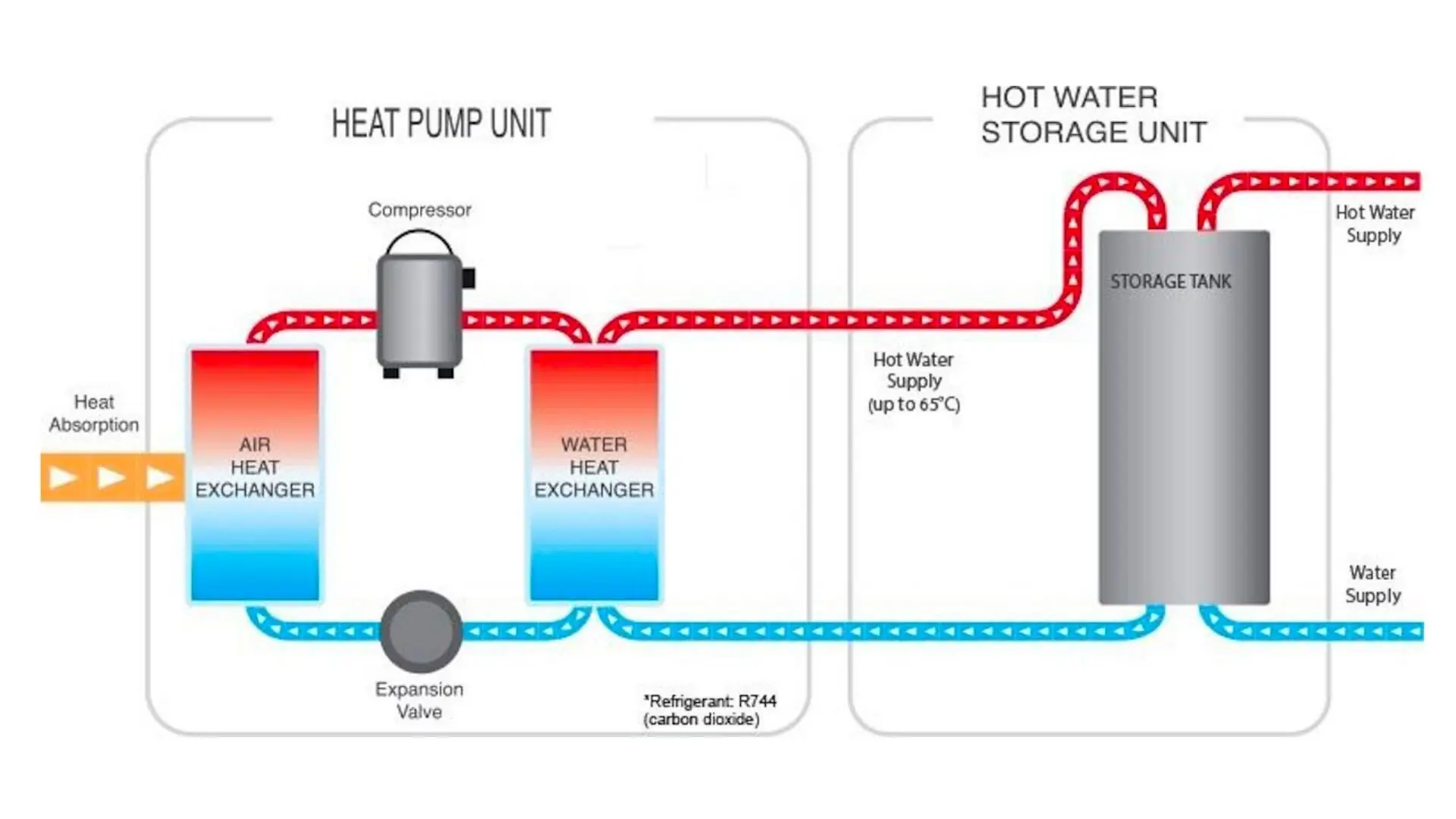
The heart of a heat pump hot water system is the heat pump unit, which consists of a compressor, evaporator, condenser, and refrigerant. The system extracts low-grade heat energy from the environment, transfers it to the refrigerant through the evaporator, and compresses it to increase its temperature. The hot refrigerant then passes through the condenser coil, releasing the heat energy and heating the water in the storage tank.
Using renewable heat sources and a heat transfer process, heat pump water heaters offer incredible energy efficiency, resulting in significant cost savings and reduced environmental impact.
How Does It Differ from Traditional Water Heaters?
Heat pumps differ from traditional water heaters in several vital ways. Firstly, while traditional water heaters rely on direct heating methods like gas burners or electric elements, heat pumps utilise a completely different mechanism. Instead of generating heat, they extract heat from the surrounding environment. This makes them highly energy-efficient, as they can produce more energy output than the energy input required to operate them.
Secondly, traditional water heaters are limited by their fuel source availability. Gas heaters require a natural gas supply, and electric heaters rely on electricity. In contrast, heat pumps can utilise renewable heat sources such as air, ground, or water. This versatility allows them to be installed in various locations and makes them less dependent on specific fuel sources.

One big advantage is operating costs. Heat pumps are remarkably efficient, producing up to three times the heat energy for the electrical energy used. This efficiency leads to lower bills and long-term savings for homeowners.
Furthermore, heat pumps are often equipped with smart features and advanced controls, allowing users to optimise energy usage and settings according to their needs. They can also be integrated into smart home systems, providing enhanced convenience and energy management capabilities.
Heat pumps offer several advantages over traditional water heaters, including improved energy efficiency, versatility in heat sources, lower operating costs, and advanced smart features. These benefits make heat pumps attractive for residential and commercial water heating applications.
The Energy Efficiency of Heat Pump Systems
The energy efficiency of heat pump systems is one of their most notable advantages. These systems operate on heat transfer rather than heat generation, allowing them to achieve impressive energy savings.
Heat pumps can produce more heat energy than the electrical energy they consume, resulting in a high coefficient of performance (COP). COP is a measure of efficiency that compares the heat output to the energy input.
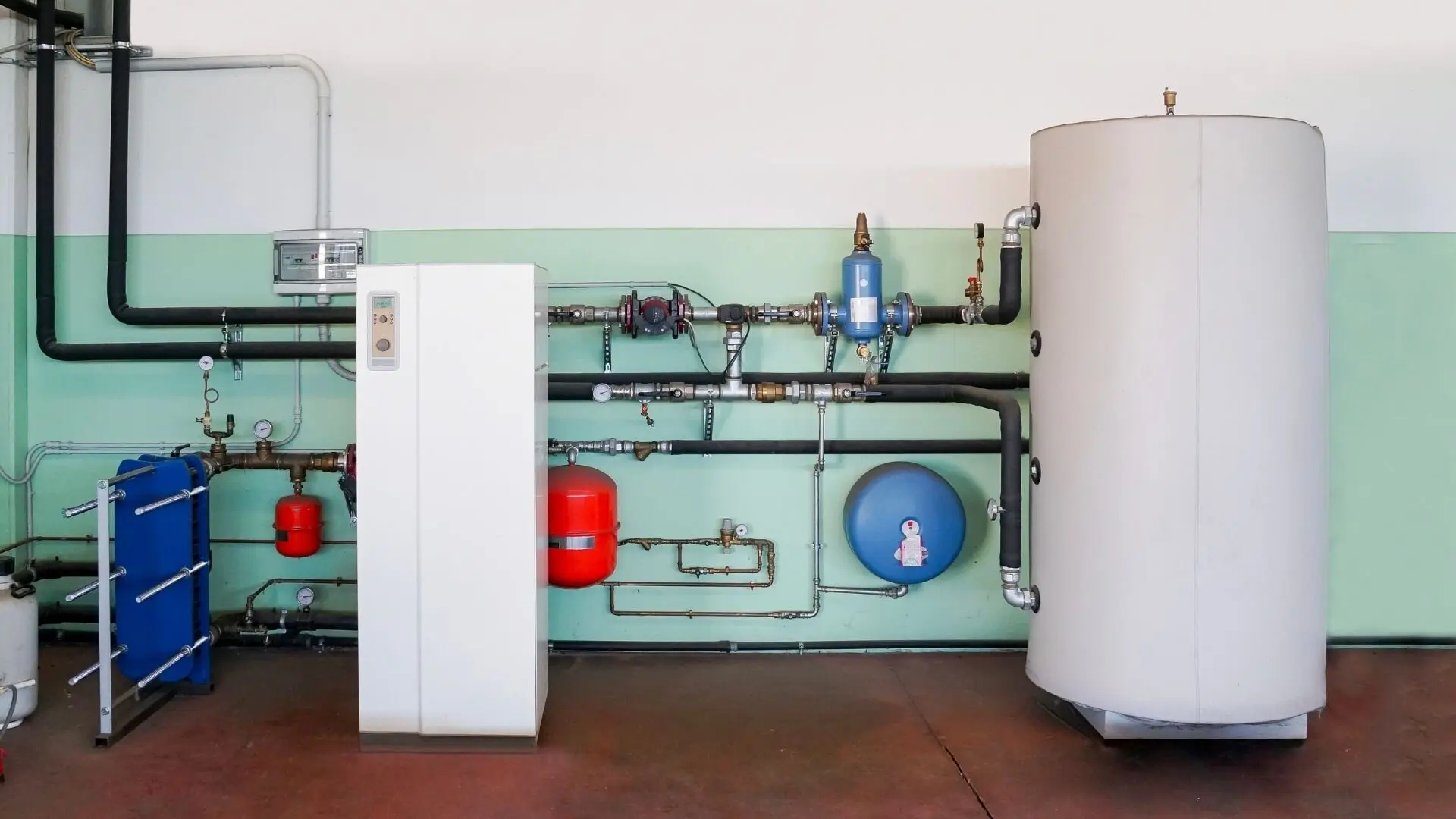
Heat pump systems typically have COP values ranging from 2 to 4, meaning they can produce two to four times more heat energy than the electrical energy they consume. This remarkable efficiency is possible because heat pumps extract heat from the surrounding environment, such as the air, ground, or water, and transfer it to the water supply.
Using renewable heat sources and advanced heat transfer technology, heat pump systems offer significant energy savings and reduce greenhouse gas emissions compared to traditional water heaters. This makes them an environmentally friendly choice for heating water in residential and commercial settings while providing long-term cost savings for the users.
Maintenance Tips for Your Heat Pump Hot Water System
Regular maintenance is essential to keep your heat pump hot water system running efficiently and prolong its lifespan. Follow these simple tips to ensure your system continues to provide you with reliable hot water:
Clean or Replace Filters
Dust and debris can accumulate in the filters, reducing efficiency. To maintain optimal performance, clean or replace filters as recommended by the manufacturer.
Inspect Heat Exchanger
Periodically check the heat exchanger for any signs of corrosion, or if you’re using a gas water heater, check for gas leaks. Address any issues promptly to prevent further damage.
Check the Condensate Drain
Ensure that the condensate drain is clear and free of blockages. A clogged drain can lead to water damage and decreased efficiency.
Clean Coils
Dust and dirt can accumulate on the coils, hindering heat transfer. To improve heat pump efficiency, gently clean the coils with a soft brush or vacuum.
Monitor Thermostat Settings
Verify that your thermostat settings are appropriate for your hot water needs. Lowering the temperature when not in use can save energy and reduce wear and tear on the system.
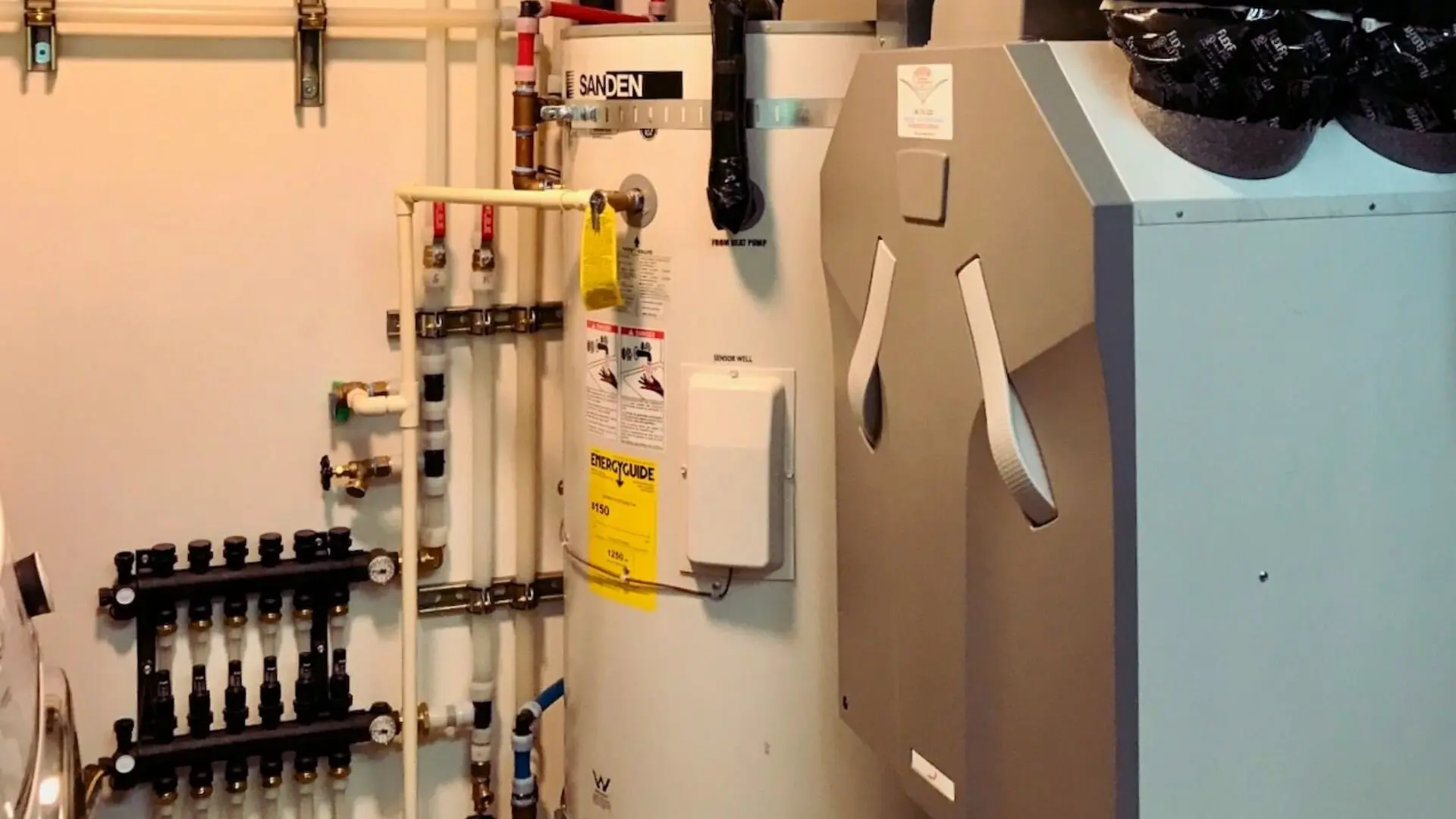
Inspect Electrical Connections
Periodically inspect and tighten electrical connections to prevent loose wires or potential hazards.
Lubricate Motors
If your system has motors, check the manufacturer’s guidelines for lubrication intervals. Well-lubricated motors run more efficiently and quietly.
Annual Professional Service
Schedule an annual service by a qualified technician. They can perform a comprehensive checkup, including refrigerant levels, to catch and address potential issues early.
Clear Surrounding Vegetation
Ensure that no overgrown plants or debris are blocking the outdoor unit. Good airflow around the heat pump is crucial for optimal operation.
Keep Records
Maintain a maintenance log, noting the dates of filter changes, professional servicing, and any issues you’ve encountered. This documentation can be helpful for troubleshooting and warranty claims.
Installation Considerations and Costs
When considering installing a heat pump hot water system, several key factors must be considered. Firstly, the system’s location plays a crucial role.
Heat pumps require adequate space for installation, both indoors and outdoors. Additionally, the heat source’s availability, whether air, ground, or water, should be assessed to ensure optimal performance.
Another consideration is the system’s size. Proper sizing is essential to efficiently meet hot water demands. Factors such as the size of your household, water usage patterns, and climate should be considered.
Installation costs can vary depending on factors such as the complexity of the installation, the type of heat pump system chosen, and any additional modifications required. It is recommended to obtain multiple quotes from reputable installers to compare costs and ensure a competitive price.
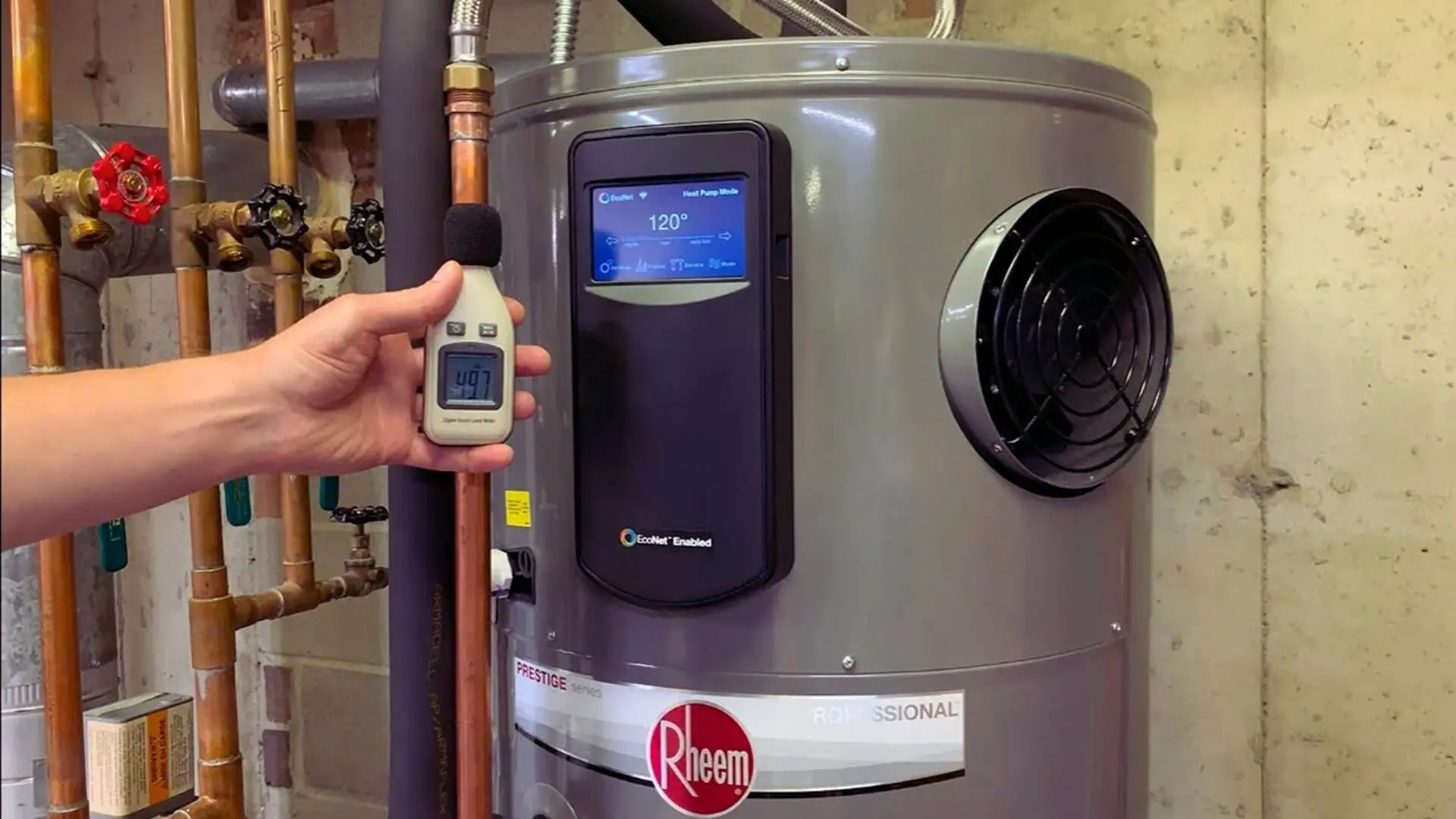
It’s important to note that while the initial installation costs of a heat pump hot water system may be higher than those of traditional water heaters, the long-term energy savings and potential government incentives or rebates can offset the upfront investment.
Lastly, professional installation is highly recommended to ensure proper setup, optimal performance, and adherence to local building codes and regulations. Consulting with a qualified installer will help you navigate the installation considerations and provide a cost estimate tailored to your needs.
Troubleshooting Common Issues
Troubleshooting common issues with your heat pump hot water system can help you identify and resolve problems efficiently. One common issue is insufficient hot water.
If you’re experiencing this, check the thermostat settings to ensure they are appropriately adjusted. If the settings are correct and the issue persists, it could indicate a faulty heating element or a refrigerant leak.
In such cases, it’s best to contact a professional technician for further diagnosis and repair. Another common problem is no hot water. If you’re not getting hot water, check if the heat pump is receiving power and the circuit breaker hasn’t tripped.
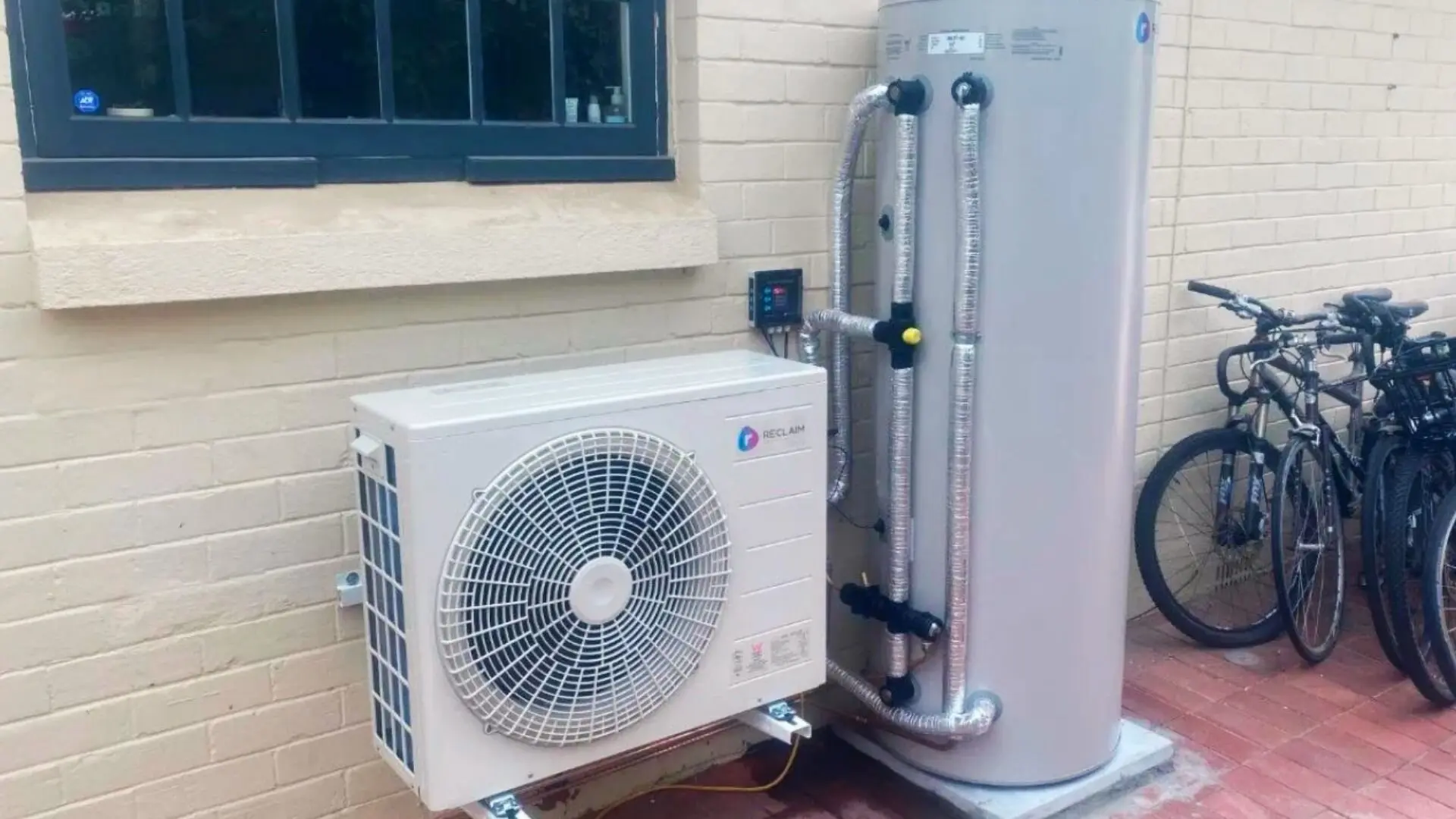
Additionally, examine the water inlet and outlet valves to ensure they are open. If the problem persists, it’s advisable to consult a professional technician to investigate and resolve it.
Other common issues may include strange noises, water leaks, or error codes displayed on the control panel. In such cases, refer to the manufacturer’s manual for specific troubleshooting steps or seek professional assistance to address the problem effectively.
Connect with Woolf Plumbing
In conclusion, understanding how a heat pump hot water system works provides valuable insights into its energy-efficient and eco-friendly operation. By harnessing the heat from the surrounding environment, these systems offer an innovative solution for supplying hot water while minimising energy consumption. From heat extraction to the transfer process, heat pump hot water systems exemplify the marriage of technology and sustainability.
If you’re interested in installing a heat pump hot water system or need assistance with maintenance, repairs, or plumbing services, Woolf Plumbing is here to help. Our team of experienced professionals is well-versed in installing and maintaining heat pump systems, ensuring optimal performance and reliability.
Don’t hesitate to contact Woolf Plumbing today to explore the benefits of heat pump hot water systems and discover how we can meet your plumbing needs. Together, we can embrace energy efficiency and enjoy the comfort of hot water while minimising our environmental impact.


